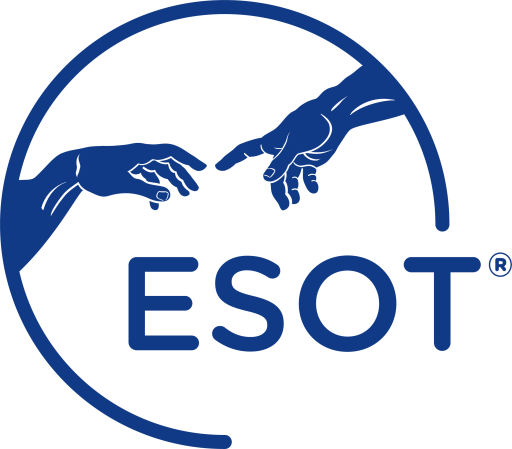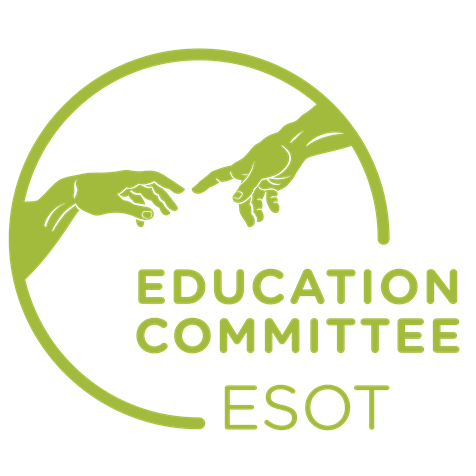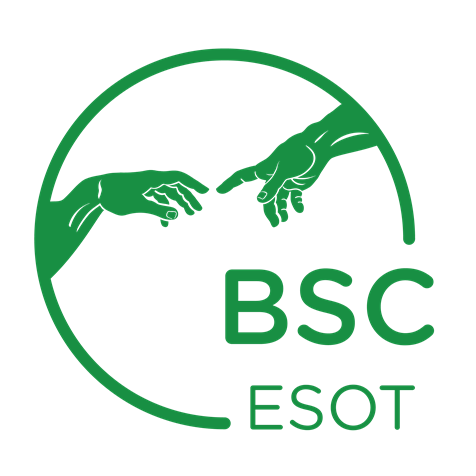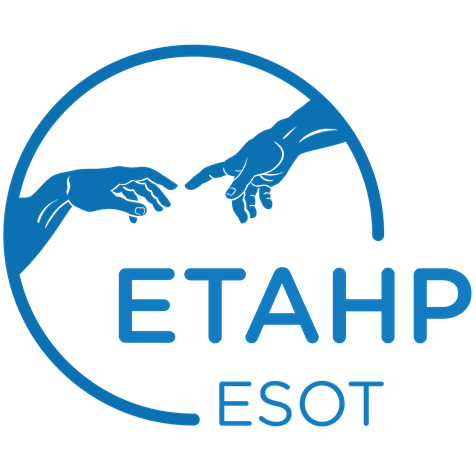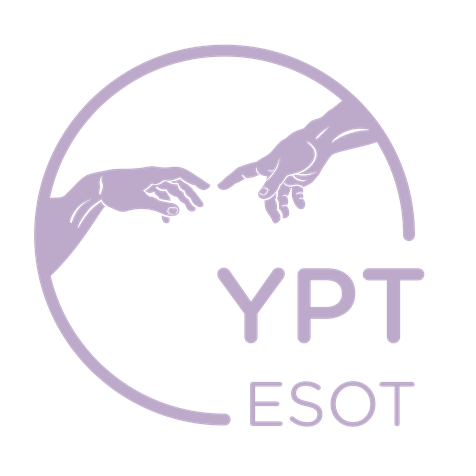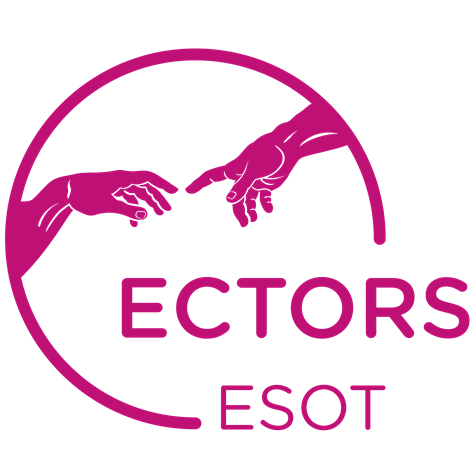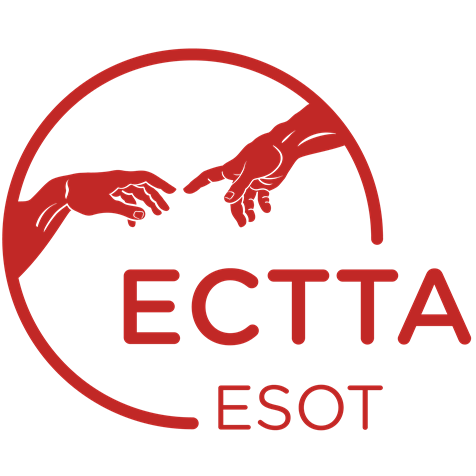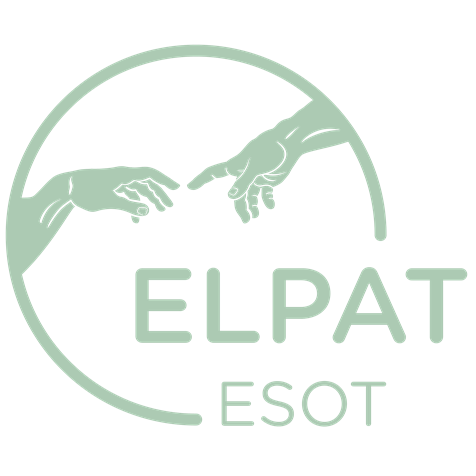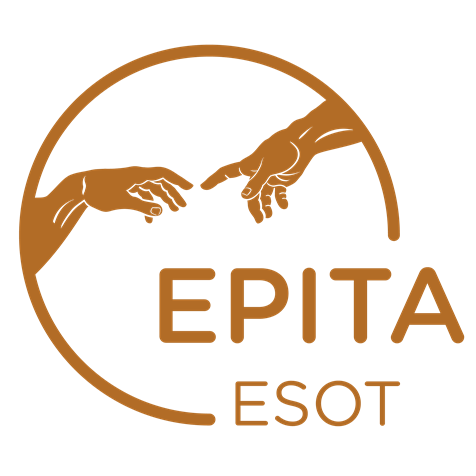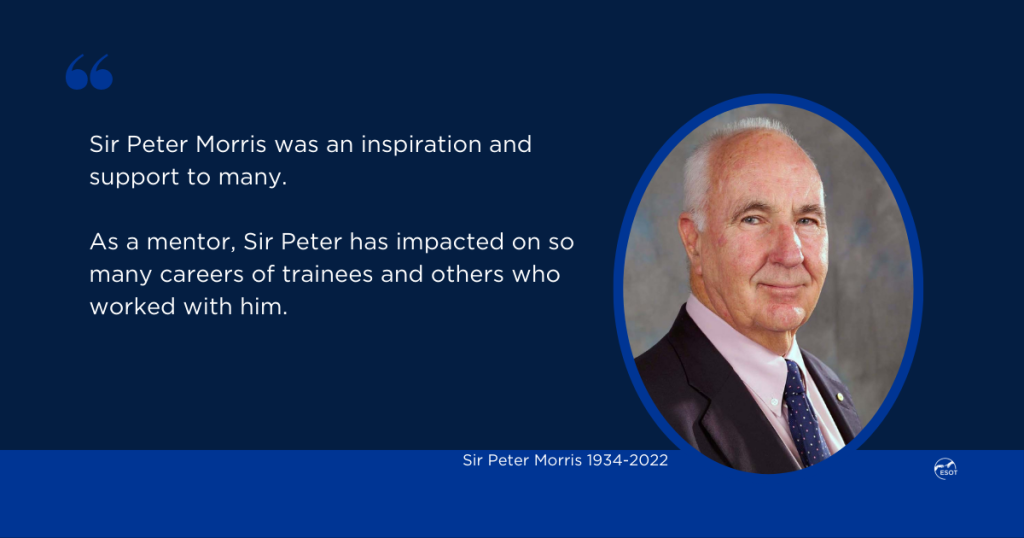Professor Sir Peter Morris, one of the most universally acclaimed transplant surgeons of his generation, died at the age of 88 years on October 29th 2022.
Peter Morris was born in Australia and qualified in Medicine (having switched from Engineering) at Melbourne University in 1957. His surgical training included a junior post at the Hammersmith Hospital, London, and a residency post at the Massachusetts General Hospital in Boston. He moved to work under Dr David Hume, a leader in the nascent clinical field of kidney transplantation, where he was able to fulfil his interest and expertise in tissue-typing, making major contributions to the knowledge of lymphocytotoxic antibodies and the role of humoral immunity in transplantation. Returning to Melbourne in 1968, as a transplant surgeon, he established the tissue-typing laboratory (where he described the paradoxical benefit of the ‘blood transfusion effect’) and later was appointed as director of the Australian Kidney Foundation.
In 1974 he moved to the University of Oxford, as the Nuffield Chair of Surgery, the post that he occupied until his retirement in 2001. With team members Alan Ting and John Fabre who moved with him from Australia, and working with his nephrology colleague Dr Des Oliver, he set about establishing a clinical kidney transplant and tissue-typing service in Oxford. The first transplants were carried out in 1975 and a dedicated transplant unit was opened in 1978 (to be replaced by the current unit in 1992). His development of the clinical service was closely aligned with that of a highly productive academic department, attracting scientists and surgeons from all over the world: his integration of basic immunology in a department of surgery was both inspiring and successful. Indeed, many subsequent leaders in the science and clinical practice of kidney transplantation all over the world spent formative years in Oxford. His and his group’s clinical and scientific research publication record was prolific: notably, as well as a great many original papers, his definitive textbook ‘Kidney Transplantation’ has long been regarded as the seminal work in this field.
Peter was a visionary and a leader. As well as heading the Nuffield Department of Surgical Sciences, Peter was the co-founder (with John Bell) of the Wellcome Trust Centre for Human Genetics in Oxford. He established the Centre for Evidence in Transplantation (CET) between the Royal College of Surgeons and the London School of Hygiene and Tropical Medicine (where he held an honorary professorship), in order to create a virtual centre that would provide easy access to high-quality evidence in organ transplantation. In 2008 the CET was integrated within ESOT, providing a transplant library, education in systematic reviews and clinical trial alerts. He contributed greatly to The Transplantation Society (International), including as its President in 1984-86, and was part of the founding of the European Society of Organ Transplantation (ESOT) in 1981.
Peter was widely recognised for his contributions to surgery and science. He was knighted by Queen Elizabeth II in 1996 for services to Medicine and made a companion of the Order of Australia in 2004. He was elected as Fellow of the Royal Society in 1994 and to the Academy of Medical Sciences in 1998; he was awarded the Lister Prize and the Medawar Prize in 2006. He served as President of the Royal College of Surgeons of England from 2001 to 2004. He was also an Editor of the journal Transplantation for many years.
Peter excelled at several sports and retained a lifelong passion for cricket and golf. Regular sporting fixtures between the Oxford and Cambridge Departments of Surgery included tennis, squash and skiing which fostered strong personal and academic bonds between the two institutions.
As well as his exceptional contributions to the clinical, scientific and professional aspects of Transplantation and Surgery, Peter was committed to all the people with whom he worked. He had an extraordinary ability to recognise the contributions of every member of the wider team, irrespective of their rank or seniority, including that of remembering names and roles. He will be greatly missed by his countless students, trainees, colleagues and patients and by his many friends around the world.
Peter married a fellow doctor, Jocelyn (Joce) in 1960. She survives him, along with their five children and their families.
Written jointly with input from Rutger Ploeg and Kathryn Wood and Peter Friend.
